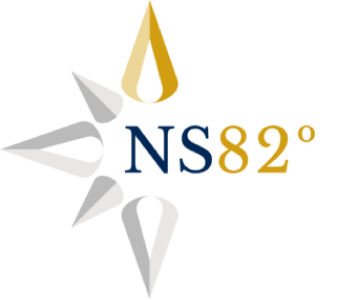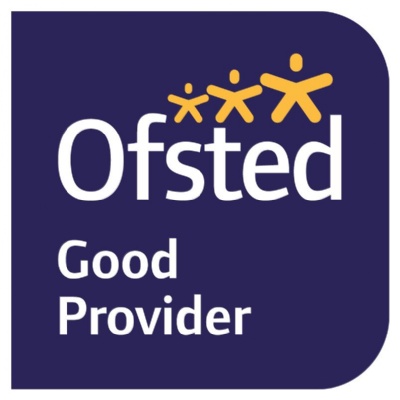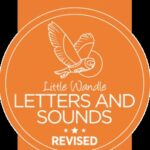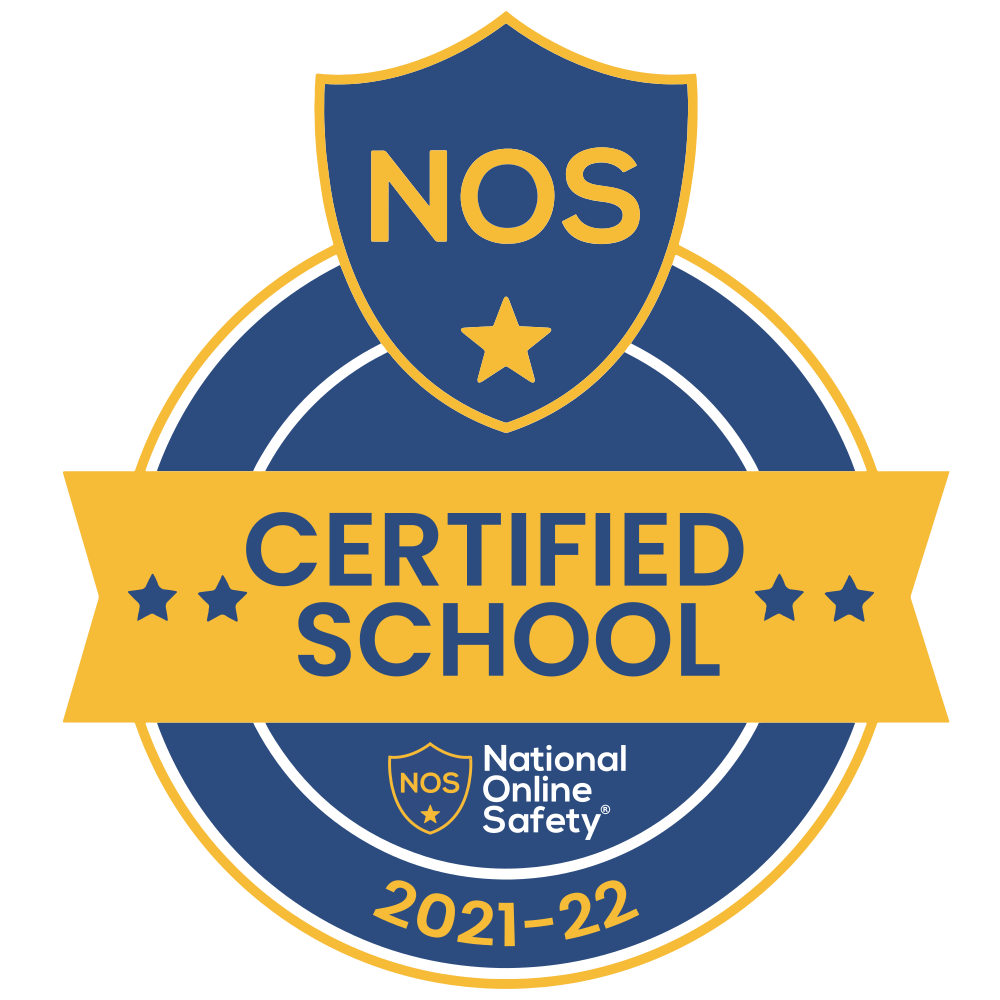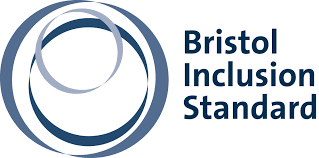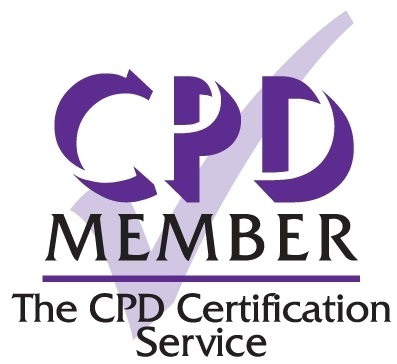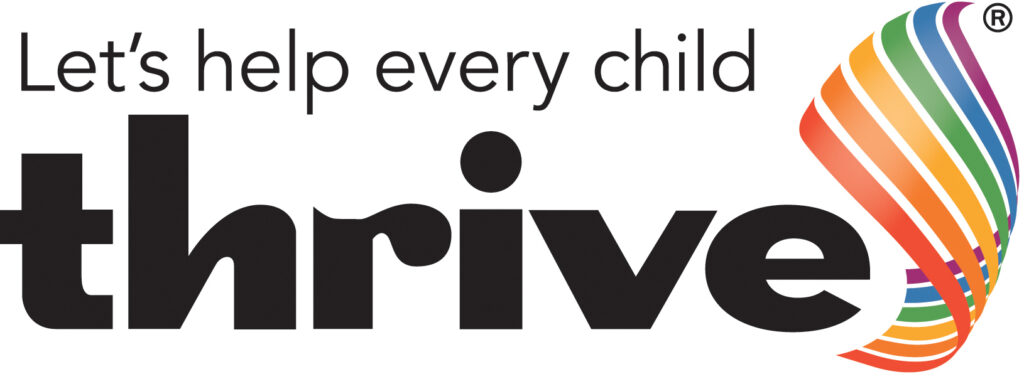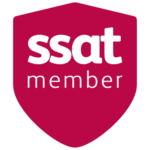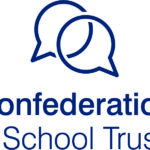SMSC and British Values
We have a weekly assembly that ties in with National Awareness days. These all have an SMSC (Spiritual, Moral, Social and Cultural) focus.
SMSC and British Values
We have a weekly assembly that ties in with National Awareness days. These all have an SMSC (Spiritual, Moral, Social and Cultural) focus. Pupils will often do follow up work in class.
These assemblies allow pupils to explore their values, beliefs and experiences. They also learn about themselves and the surrounding world. They learn the difference between right and wrong through looking at moral issues. Through these assemblies, pupils also learn about democracy, rule of law, individual liberty, tolerance and respect.
At North Star 82°, we embed SMSC throughout everything we do; from our assemblies, circle time, PSHE lessons and social times.

Spiritual Development
Pupils’ spiritual development will involve the growth of their sense of self, their unique potential, their understanding of their strengths and weakness, and their willingness to achieve. As their curiosity about themselves and their place in the world increases, they try to answer for themselves some of life’s fundamental questions. Your child will have the opportunity to:
- Foster their own inner lives and non-material wellbeing
- Sustain their self-esteem in the learning experience
- Develop their capacity for critical and independent thought
- Foster their emotional life and express their feelings
- Experience moments of stillness and reflection
- Discuss their beliefs, feelings, values and response to personal experiences
- Form and maintain worthwhile and satisfying relationships
- Reflect on, consider and celebrate the wonders and mysteries of life

Moral Development
Pupils’ moral development involves students acquiring an understanding of the difference between right and wrong and of moral conflict, a concern for others and the will to do what is right. Your child will have the opportunities to:
- Reflect on the consequences of their actions, learn how to forgive themselves and others, which are attitudes they need to make moral, responsible decisions and act on them
- Recognise the unique value of each individual
- Recognise the challenge of life today and the role they play in it
- Listen and respond appropriately to the views of others
- Gain the confidence to cope with setbacks and learn from mistakes
- Take initiative and act responsibly with consideration for others
- Distinguish between right and wrongs
- Show respect for the environment

Social Development
Pupils’ social development involves students acquiring an understanding of the responsibilities and rights of being members of families and communities (local, national and global) and an ability to relate to others and to work with others for the common good. Your child will have opportunities to:
- Display a sense of belonging and an increasing willingness to participate
- Make an active contribution to the democratic process in each of their communities
- Develop an understanding of individual and group identity
- Learn about service in the school and wider community
- Begin to understand the place they have within society and the role they need to play
- Understand the changing nature of society and how this is an opportunity not a threat
- Develop their compassion for others in society
- Take initiative on wider social issues and establish ways they can help on an individual, local, national and global scale

Cultural Development
Pupils’ cultural development involves pupils acquiring an understanding of cultural traditions and ability to appreciate and respond to a variety of aesthetic experiences. They acquire a respect for their own culture and that of others, an interest in others’ ways of doing things and curiosity about differences. Your child will have the opportunity to
- Recognise the values and richness of cultural diversity in Britain and how these influence individuals and society
- Recognise world faiths and beliefs and the impact they have on our culture
- Develop an understanding of Britain’s’ local, national, European and global dimensions
- Broaden their perspective on different communities and cultures within the local area
- Interact with different cultures/lifestyles and explore their advantages and disadvantages
British Values at North Star 82°
At North Star 82° we experience British Values through the following:
Mutual Respect, Tolerance and Diversity
Tolerance – speaking and listening to others opinions in our English, Maths and TOPIC sessions.
Circle time – respecting and listening to others + reflecting on behaviours.
ICT – lessons on E-safety
Anti-bullying Week
PE – understanding that everyone has different skills – respecting opposition as good winners and good losers.
Football every break and lunch – accepting the decision of the referee
Team work in practical activities
Sharing resources in the classroom
Maths Mastery – Paired talk task
All lessons – Paired/group work
We acknowledge Random Acts of Kindness everyday and encourage pupils to complete Acts of Kindness throughout the year.
RE lessons teach about different faiths and beliefs
Trips to a different faith’s religious place of worship
Topic lessons encourage cultural diversity
Celebrating cultural differences through themed weeks and assemblies
Celebration of World Religion Day
Celebration of Chinese New Year
Staff and pupils are encouraged to challenge prejudicial or discriminatory behaviour
Through the PSHE and RE curriculums, pupils are encouraged to discuss and respect differences between people, such as differences of faith, ethnicity, disability, gender or sexuality and differences of family situations.
Respect for each other is modelled by all staff towards the pupils and each other.
Educate against hate resources are available for staff.
Respect is discussed during assemblies, PSHE lessons and in everyday conversations.
Different types of family structure are discussed in PSHE.
All classes do 2 terms of African Drumming.
Fairtrade Fortnight is covered by lessons in school and PSHE lessons.
Democracy
School Council – Elections held in September. Classes vote for 2 school council members per class. Meetings are held fortnightly.
Our school council have held virtual meetings with the government – holding an interview with the Mayor of Bristol over Zoom.
Pupils also have the opportunity to have their voices heard through pupil questionnaires.
Our school behaviour policy involves rewards which the pupils have discussed.
Democracy Day – Celebrated throughout School on the 15th of September.
Children work co-operatively in pairs and small groups. They are taught turn taking from a young age.
Restorative justice is used to sort out problems between children. Children discuss a suitable solution that fits all parties.
Disagreements are handled carefully, with pupils being encouraged to listen to each other and agree a mutual resolution.
We take part in days such as Sport Relief, Comic Relief and Children in Need and learn that money can be used to help those less fortunate than ourselves.
We take part in Christmas Jumper Day every year to support Save the Children.
Anti-bullying week celebrated Whole School.
We make poppies whole school for Remembrance Day.
The gunpowder plot – Guy Fawkes – Taught through an assembly and in class lessons.
Individual Liberty
Golden time – pupils have the opportunity to select their own reward time activity.
Pupils are supported to develop their self-knowledge, self-esteem and self-confidence.
Pupils are encouraged to take responsibility for their behaviour, this is through our points system and through reflection on a Friday ‘Catch up’ and Circle time on a Wednesday.
Freedom of speech is modelled through encouraging pupil participation.
An strong anti-bullying culture is embedded in the school. Anti-Bullying Week – classroom activities and discussions.
Pupils are able to apply for roles in the school such as School Council member, and anti-bullying ambassadors.
Children are consulted on many aspects of school life and via the school council.
Human Rights Day is celebrated as a whole school
Rule of Law
School rules are shared and written with both staff and pupils.
Taxi rules ensure the safety of our pupils on transport.
Each class also has their own set of rules which are written by the pupils and all signed and agreed to – this is called our class charter.
Playground and football rules
Science experiments – fair testing
Road safety Week – looking at the law around road speeds
Internet Safety Week in February– Law around social media use and gaming use
PE/Sports at break/5 Star U – Understanding the laws of games
As part of our admissions process, the Home-School Agreement is discussed with pupils and they agree to follow it.
The Behaviour and Anti-Bullying policies encourage the restorative justice process to resolve conflict.
Whole School rewards. Children are rewarded not only for achievement in curriculum areas, but also for behaviour. Rewards are given in the form of stickers, raffle tickets, points and certificates. Children’s achievements are also recognised during Celebration Assembly every Friday.
Personal best wall in every classroom to celebrate success.
Visits from the police and the fire service.
